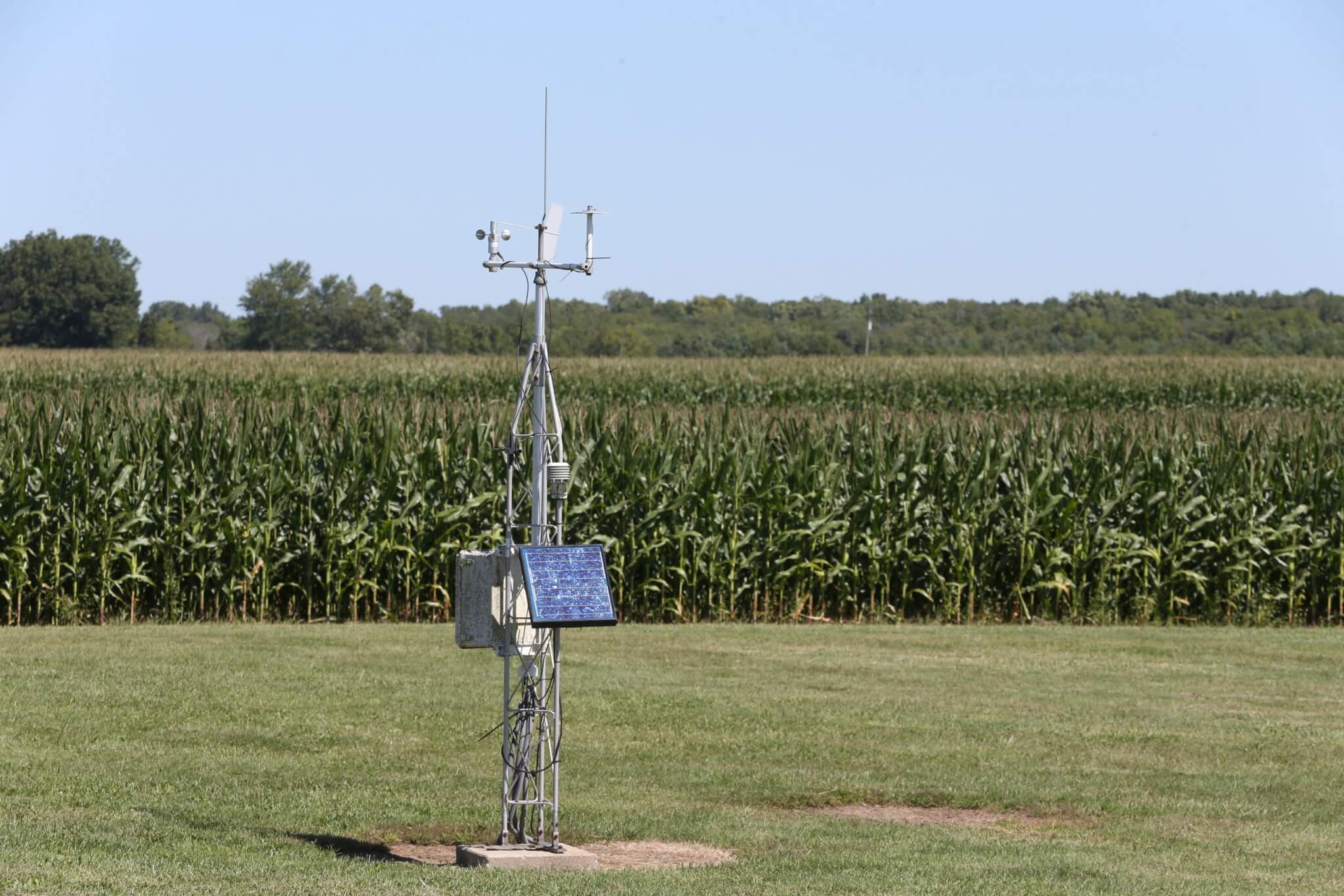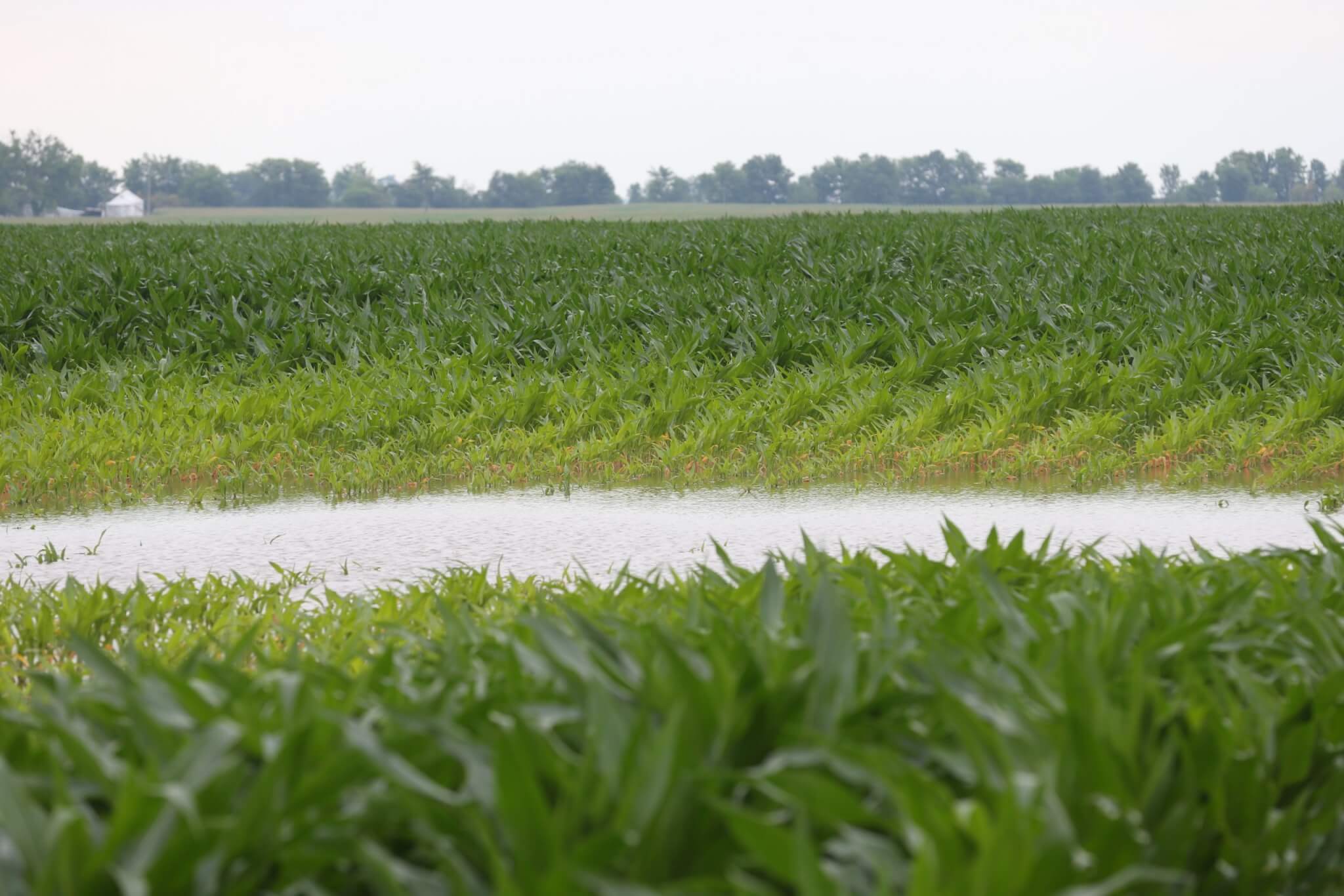Providing a local perspective on global climate change
How important is climate change to you personally?
This question is guaranteed to produce a wide range of opinions across America. The Yale Program on Climate Change Communication groups the American public into six audiences – alarmed, concerned, cautious, disengaged, doubtful and dismissive.
Considering the range of opinions and sometimes misguided information, Purdue climate leaders decided to explore climate change with a six-session virtual training series Talking Confidently About Climate Change in Indiana, and Beyond.
Sponsored by the Purdue Climate Change Research Center, Purdue Extension and the Indiana State Climate Office, the series reached people across Indiana and the Midwest interested in learning foundational climate change knowledge to gain confidence in engaging in climate change discussions, professionally and personally. Over 350 participants registered for the series.
The series began with a session presented by Melissa Widhalm, operations manager at the Purdue Climate Change Research Center, who shared how climate change will affect human health, agriculture, ecosystems and more in Indiana.
“Our goal was to make climate information more useful for people in the Midwest,” said Widhalm. “We asked: What does climate change mean for Indiana? We gave climate change a local perspective from health, communities and families to potholes.”
Participants learned the science behind climate change, an historical perspective of climate change, top misconceptions about climate change and how to have tough conversations on a topic that is often polarizing.
“We were delighted to see the response and popularity for the series,” said Hans Schmitz, Posey County Purdue Extension Director and a series organizer. “We wanted the participants to learn valuable information from each session and, most importantly, be comfortable talking about the subject in their personal and professional lives afterward.”
During the last interactive session, attendees were split into five breakout groups - agriculture and natural resources, community, education, health and individual action. The groups explored practical local solutions to climate change problems and discussed how to implement solution strategies.
One participant commented, “Climate change is global, but if we can make it local – for example, seeing plastic pollution in a local pond – it may make it easier for students [and all people] to learn.”
Widhalm adds that climate change is not only a problem for the future or far away places. “Scientific evidence shows our climate is already changing right here in Indiana and it’s impacting our families, communities and businesses. It is not too late to prepare for these impacts and to limit future warming.”
The recordings and summaries from each session are available to the public and can be viewed here. Additional information about climate change in Indiana can be found at the Indiana Climate Change Impacts Assessment (IN CCIA) website. Coordinated by the Purdue Climate Change Research Center, the IN CCIA provide Hoosiers with credible climate science reports.







